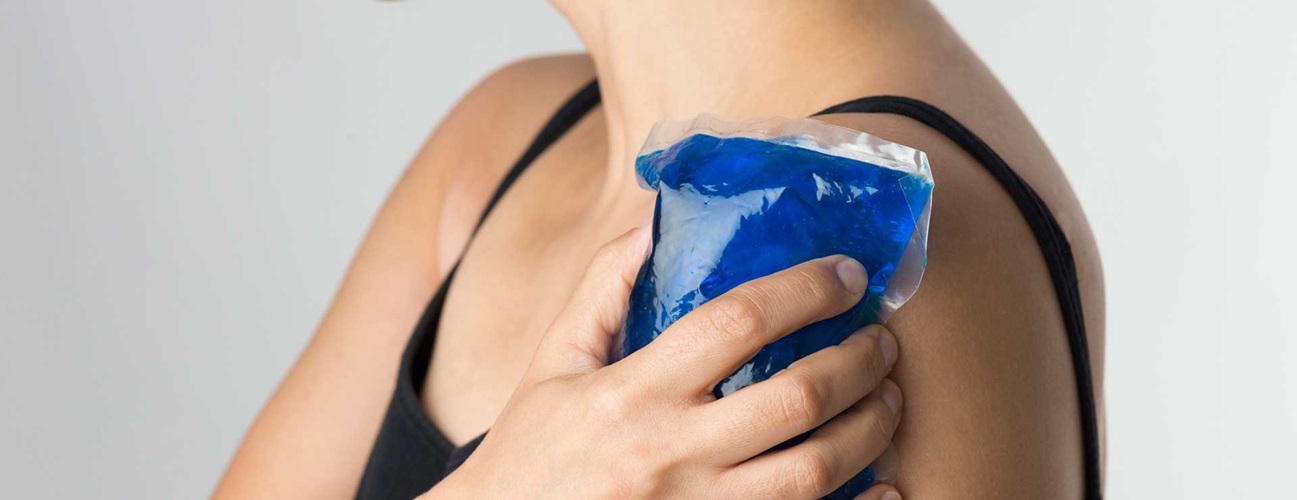Rotator Cuff Injury
What is a rotator cuff injury?
Your rotator cuff consists of muscles and tendons that hold your shoulder in place. It's one of the most important parts of your shoulder.
Your rotator cuff allows you to lift your arms and reach up. Each year, millions of people in the U.S. go to their healthcare providers because of a rotator cuff problem. A rotator cuff tear is a common cause of pain and disability among adults.
What are the symptoms of a rotator cuff tear?
Symptoms may be a bit different for each person. Symptoms may include:
-
Pain that keeps coming back, especially when doing certain things, such as lifting over your head
-
Pain that prevents you from sleeping on your injured side
-
Grating or cracking sounds when moving your arm
-
Limited ability to move your arm
-
Muscle weakness
The symptoms of a rotator cuff tear may be caused by other conditions or health problems. Always talk with your healthcare provider for a diagnosis.
How is a rotator cuff injury diagnosed?
Your healthcare provider will take a complete health history and do a physical exam. You may also have diagnostic tests, such as:
-
X-ray. This test uses invisible electromagnetic energy beams to make images of internal tissues, bones, and organs on film.
-
MRI. This test uses a combination of large magnets, radiofrequencies, and a computer to make detailed images of organs and structures within the body.
A rotator cuff may tear partly or fully.
What causes a rotator cuff injury?
Injury and degeneration are the two main causes of rotator cuff tears. An injury to the rotator cuff, such as a tear, may happen suddenly when falling on an outstretched hand. It may also develop over time due to repetitive activities. Rotator cuff tears can also happen due to the breakdown (degeneration) of the tissues, which may happen as part of the aging process.
How is a rotator cuff injury treated?
Treatment will depend on your symptoms, age, and general health. It'll also depend on how bad the condition is.
Treatment may include:
-
Rest
-
Nonsteroidal anti-inflammatory drugs
-
Strengthening and stretching exercises
-
Ultrasound therapy
-
Corticosteroid shot (injection)
-
Surgery for severe injuries or tears
Johns Hopkins Shoulder and Elbow Surgery
Our team of orthopaedic shoulder and elbow specialists diagnoses and treats common and complex shoulder and elbow conditions, including rotator cuff tears, ulnar collateral ligament (UCL) tears, and shoulder and elbow arthritis. Our specialists are also skilled in different shoulder replacement approaches.
When should I call my healthcare provider?
Call your provider if:
-
Your pain gets worse or starts to interfere with your normal activities or ability to sleep well
-
You can’t use your shoulder like you used to
Key points about rotator cuff injury
-
Your rotator cuff is one of the most important parts of your shoulder. It allows you to lift your arms and reach up.
-
Injury and breakdown (degeneration) are the two main causes of rotator cuff tears.
-
Symptoms may include pain that keeps coming back, muscle weakness, limited ability to move your arm, and grating or cracking sounds when moving your arm.
-
Treatment may include rest, medicine, strengthening and stretching exercises, and surgery.
-
Call your healthcare provider if pain gets worse or you can't use your arm like you used to.






